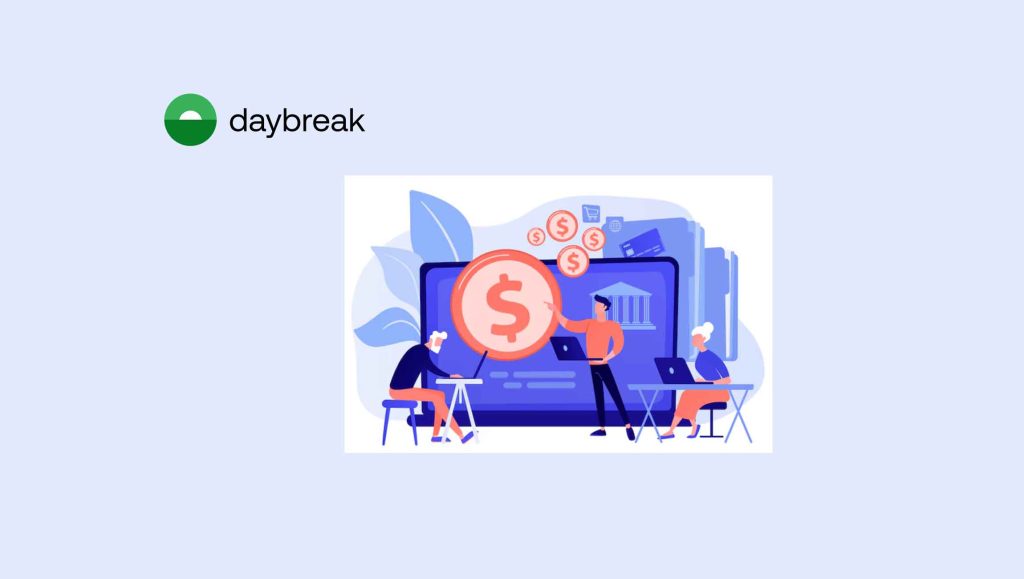Why supply chains are increasingly reliant on SaaS rebate solutions
The key to developing an efficient supply chain is providing the right incentives for suppliers and distributors to become as integrated and transparent as possible. This means partners have to ensure that their processes and projections are aligned, which makes the open exchange of information a top priority in supply chain management. However, suppliers and distributors also need to have concrete financial incentives to continue doing business with one another, and this is where rebates can be an invaluable tool.
When a distributor has a contract with a supplier, their transactions are based on assumptions about the quantities of goods and materials that will be delivered to certain places at certain times. Rebates are payments that bring these assumptions in line with reality, which can drive selling performance for both parties and strengthen their commitment to working with one another. The idea behind rebates is straightforward, but designing an efficient rebate management structure can be much more complicated than it seems.
Read More : True Influence Named Company Of The Year in Business Intelligence Group’s BIG Award For Business
This is where rebate management software comes in – from simplifying what can often be convoluted accounting processes to providing visibility into potential issues with partners, the ability to handle rebates digitally can prevent disputes about payments, facilitate healthy interactions at all points on the supply chain, and forge stronger relationships between distributors and suppliers.
Bringing supply chain management into the digital era
Take a moment to consider how digitized our lives have become: from financial services providers to online retailers, a huge amount of commerce and daily activity has migrated online – and this process shows no sign of slowing down anytime soon. Meanwhile, companies of all sizes are able to take advantage of highly sophisticated and accessible data management resources in the form of SaaS solutions by major companies like Microsoft and Salesforce.
But not all industries have kept pace with the digital transformation, and the supply chain sector is one of them. According to research from McKinsey, the supply chain sector has digitized more slowly than other industries – a fact that has prevented supply chains from operating as smoothly and transparently as they can. As the global economy becomes more interconnected, supply chains are becoming more complex all the time – yet another reason why digitization should be a major focus for suppliers and distributors.
The digitization process is finally taking off in the supply chain sector – from surging investments in supply chain management software to the fact that more and more companies say they’re focused on digitizing their operations. Now is the time for suppliers and distributors to determine how to streamline their digital operations, and a crucial aspect of that process is implementing SaaS rebate management solutions.
Addressing inefficiencies in the supply chain
According to a survey conducted by KPMG, more than half of respondents said the need for “end-to-end visibility” was one of their top reasons for investing in supply chain digitization. However, a recent EY survey found that just 6 percent of industry respondents are “very confident in their systems and capabilities for end-to-end visibility.” It’s no wonder that 70 percent of high-growth companies say “accelerated digital transformation is a strategic focus” – there’s still a whole lot of room for improvement.
The benefits of supply chain digitization are clear, from lower operational costs to increased sales. One of the reasons the potential upside is so significant for companies looking to digitize their supply chains is the fact that there are such obvious inefficiencies hobbling them. The antiquated processes and tools many suppliers and distributors use for managing rebates are contributors to these inefficiencies.
For example, far too many companies are still using Excel spreadsheets and other manual methods for managing their rebates – a time- and resource-intensive strategy that prevents companies from generating accurate forecasts, making data-driven purchasing and sales decisions, and negotiating the best possible deals with their supply chain partners. These are just a few of the reasons suppliers and distributors have increasingly powerful incentives to invest in SaaS rebate management platforms.
The pivotal role of SaaS rebate solutions in supply chain management
There are many types of information suppliers and distributors rely upon to make decisions about how to operate their supply chains – from market forecasts that determine the terms of trading agreements to real-time data about how each link in the supply chain is performing. Because many rebate agreements are contingent on variables which can fluctuate over time – from sales volumes to margins that are affected by changing market conditions and other economic factors – it’s essential to be both flexible and robust in accounting for these uncertainties.
Meanwhile, suppliers and distributors need to be capable of tracking rebate incentive targets and communicating about any potential changes in sales volume or other relevant variables. This won’t just make the process of rebate negotiation more data-driven and predictive – it will also improve relationships by minimizing the probability of a dispute and providing a clear record of transactions in case a dispute does arise. This transparency can also help companies identify inefficiencies in their supply chains and address problems before they become too costly.
Read More : SalesTechStar Interview with Pekka Koskinen, Founder and CEO at Leadfeeder
Companies shouldn’t have to rely on their partners to collect data on supply chain performance and rebate management, and they certainly shouldn’t be using outmoded forms of tracking that can’t account for all the complexity of modern supply chains or rebate structures. These are all reasons suppliers and distributors will only increase their investments in digitization in the coming years – a process that will make supply chains more transparent, resilient, and productive than ever.
Catch some of the latest tricks that marketing and sales leaders in tech are using to drive better business results:




















